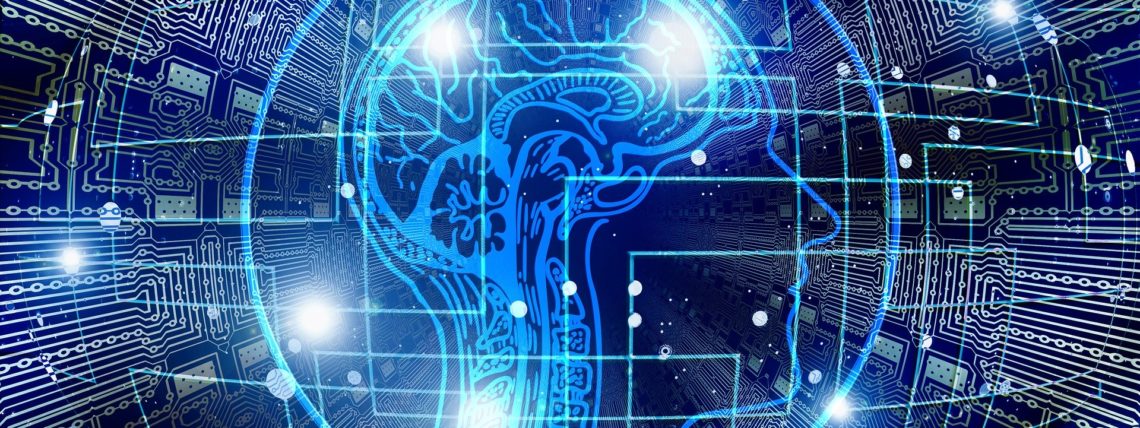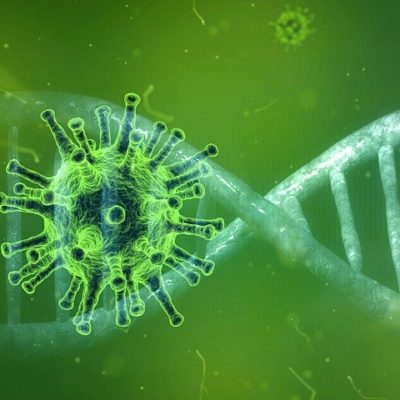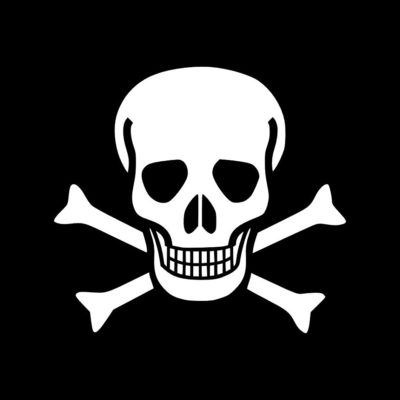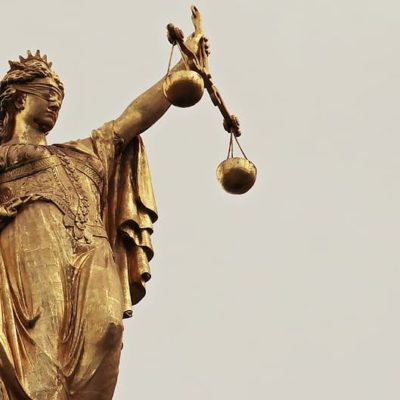Which intellectual property rights could protect which components of A.I.?
How database sui generis rights could apply to A.I.? Does the answer depend on the technology used (supervised vs unsupervised vs reinforcement learning)?
Could copyright be a key asset in A.I. …or a hindrance to the development of A.I.? Does the answer depend on the technology used (Datasets, A.I. frameworks, etc.)?
What is the patent landscape with respect to A.I.? How do patents protect A.I.-related inventions? What are the evolutions in terms of hardware & software?
Why trade secrets protection could be a major trump card in A.I.? What are the weaknesses of trade secrets protection?
What are the “open” trends in A.I., and how does it “democratize” A.I.?
These are the questions that Philippe Laurent addressed during his presentation on intellectual property applied to AI during the IPTalking legal seminar of 15 November @BECI (Brussels).








